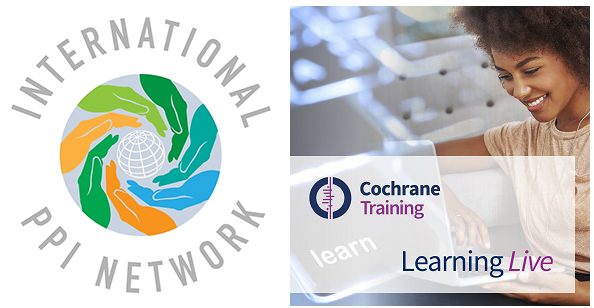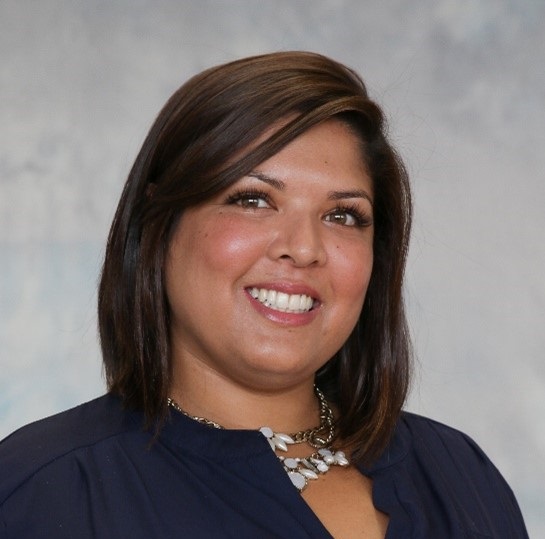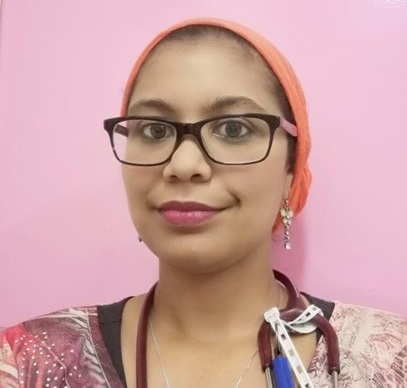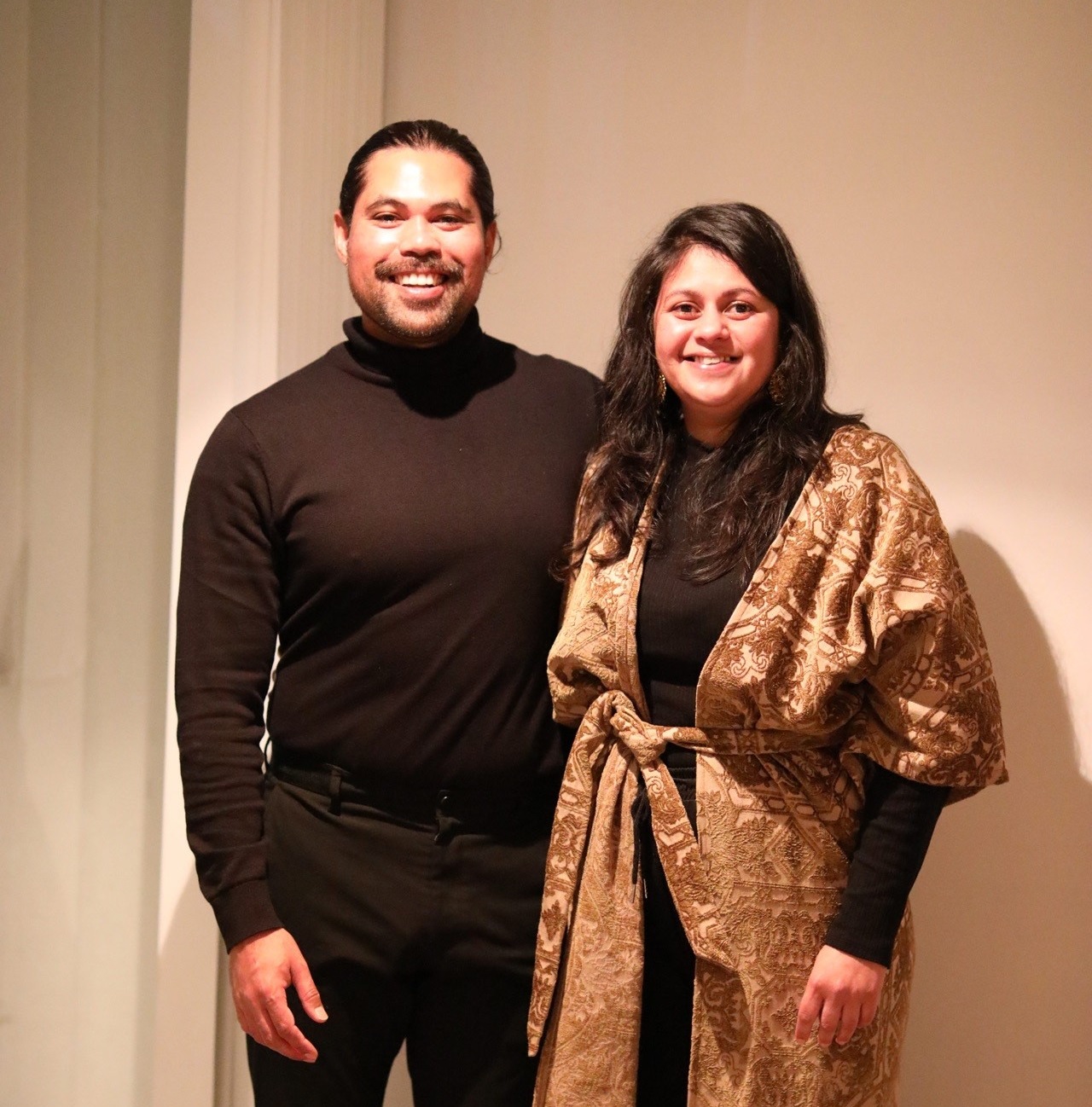 Due to their gender and age, young women in South Africa must often negotiate health and safety in their homes and communities. This is even more challenging for young women living with HIV. Using a multisensorial arts-based community participatory study, a film (available here) was co-produced that shares the stories of young women perinatally infected with HIV in Cape Town: their experiences with HIV and how they negotiated their adherence to their treatment regimens within their environments.
Due to their gender and age, young women in South Africa must often negotiate health and safety in their homes and communities. This is even more challenging for young women living with HIV. Using a multisensorial arts-based community participatory study, a film (available here) was co-produced that shares the stories of young women perinatally infected with HIV in Cape Town: their experiences with HIV and how they negotiated their adherence to their treatment regimens within their environments.
In this webinar, part of the International PPI Network: Learning Live webinar series, the presenters discussed the co-production of the film, the successes and learnings of working with young women as co-researchers, and the importance of inclusive involvement. The session highlighted the significance of collaboration, co-creation, and co-production in public health research, emphasising how these approaches can empower communities and bring authentic voices to the forefront.
The collaborative filmmaking process was deeply rooted in the community, ensuring that the young women’s voices were authentically represented while addressing their safety and well-being. This approach aimed to create a safe space for the participants to share their stories, which is particularly crucial given the stigma and discrimination they often face due to their HIV status. The use of art and creative digital mediums was inclusive, innovative, and emailed to the young women. The other side of involvement was the physical safety of young women. It was not possible to always walk around with equipment in the communities for fear of violence and stigma. There is another side to patient involvement in research for vulnerable groups such as young women living with HIV in communities with high rates of violence and femicide. Ensuring that these young women felt supported and protected throughout the filmmaking process, acknowledging the personal risks they took by participating and sharing their experiences publicly.
The webinar was aimed at anyone interested in patient and public involvement and community engagement. It was delivered in September 2024 and below you will find the videos from the webinar, together with accompanying slides to download [PDF].
Part 1: Presentation
Part 2: Questions & answers
Presenter bios
 Prof Lynn Hendricks, Transdisciplinary Pracademic, PhD Pub Health & Soc Sci, MA Psych, MSc Clin Epi, BSc Psych is an Associate Professor in the Division of Health Systems and Public Health in the Faculty of Medicine and Health Sciences at Stellenbosch University (SU) and holds a joint PhD in Social Science and Public Health. She has expertise in methods innovation, stakeholder engagement, and knowledge translation, and leads the Social and Environmental Determinants of Health transdisciplinary interest group at SU. She is the founding director of the research consultancy Research Ambition and founding co-director of the NPO Hearts in Action. She is a fellow of Gilead Public Health as well as a fellow of Microsoft Society & AI. She is a board member of the Centre for HIV/AIDS Management at SU. A long-standing previous executive member of the Psychological Society of South Africa, she now serves as a divisional executive for the Division of Climate and Environmental Psychology. She has a keen interest in creative and co-productive research in communities and works with digital mediums as well as primary arts-based methods. Her work includes co-producing a local and international public art exhibition with the Iziko South African Museum and a community-led documentary about young Cape Flats-based women who contracted HIV perinatally. She has received the Springer Nature Inclusive Health Research Award and the Cochrane Thomas C Chalmers Award in recognition of her work.
Prof Lynn Hendricks, Transdisciplinary Pracademic, PhD Pub Health & Soc Sci, MA Psych, MSc Clin Epi, BSc Psych is an Associate Professor in the Division of Health Systems and Public Health in the Faculty of Medicine and Health Sciences at Stellenbosch University (SU) and holds a joint PhD in Social Science and Public Health. She has expertise in methods innovation, stakeholder engagement, and knowledge translation, and leads the Social and Environmental Determinants of Health transdisciplinary interest group at SU. She is the founding director of the research consultancy Research Ambition and founding co-director of the NPO Hearts in Action. She is a fellow of Gilead Public Health as well as a fellow of Microsoft Society & AI. She is a board member of the Centre for HIV/AIDS Management at SU. A long-standing previous executive member of the Psychological Society of South Africa, she now serves as a divisional executive for the Division of Climate and Environmental Psychology. She has a keen interest in creative and co-productive research in communities and works with digital mediums as well as primary arts-based methods. Her work includes co-producing a local and international public art exhibition with the Iziko South African Museum and a community-led documentary about young Cape Flats-based women who contracted HIV perinatally. She has received the Springer Nature Inclusive Health Research Award and the Cochrane Thomas C Chalmers Award in recognition of her work.
 Dr Thaakirah Toefy graduated MBCHB Stellenbosch University 2012. Dr Toefy is a medical doctor From Cape Town, South Africa. She has a passion for HIV/ TB medicine and has been working as a Medical Officer in the primary health care clinics in Cape Town since 2016. She is currently based in the Infectious Disease Centre at Bishop Lavis Community Health Clinic since 2019. She provides care to patients living with HIV and was a key medical voice in the making of the documentary.
Dr Thaakirah Toefy graduated MBCHB Stellenbosch University 2012. Dr Toefy is a medical doctor From Cape Town, South Africa. She has a passion for HIV/ TB medicine and has been working as a Medical Officer in the primary health care clinics in Cape Town since 2016. She is currently based in the Infectious Disease Centre at Bishop Lavis Community Health Clinic since 2019. She provides care to patients living with HIV and was a key medical voice in the making of the documentary.
 Mr Reshaan Dollie is an applied visual anthropologist. With an honours in community newspapers and their influence on society from the University of the Western Cape, he has worked alongside Rizqah in the field as a practicing researcher and visual anthropologist for fourteen years. Reshaan is a practicing engagement visualist with a vested interest in the mysticism of spiritual practices and ritual content. His current focus area is documentary filmmaking. He is completing a Masters-PhD in Visual Ethnographies at the Desmond Tutu Centre for Religion and Social Justice.
Mr Reshaan Dollie is an applied visual anthropologist. With an honours in community newspapers and their influence on society from the University of the Western Cape, he has worked alongside Rizqah in the field as a practicing researcher and visual anthropologist for fourteen years. Reshaan is a practicing engagement visualist with a vested interest in the mysticism of spiritual practices and ritual content. His current focus area is documentary filmmaking. He is completing a Masters-PhD in Visual Ethnographies at the Desmond Tutu Centre for Religion and Social Justice.
Mrs Rizqah Dollie is an applied visual anthropologist boasting a journalism qualification. Rizqah has lectured History of Art, Photography and Visual Anthropology at Fedisa, the University of Cape Town and College of Cape Town. She has worked on a multitude of community engagement and media initiatives for the past twenty years. Rizqah is a practicing visual anthropologist, social documentarian, photographer, lecturer and videographer. Innovative storytelling and informing communities is key to her projects.
